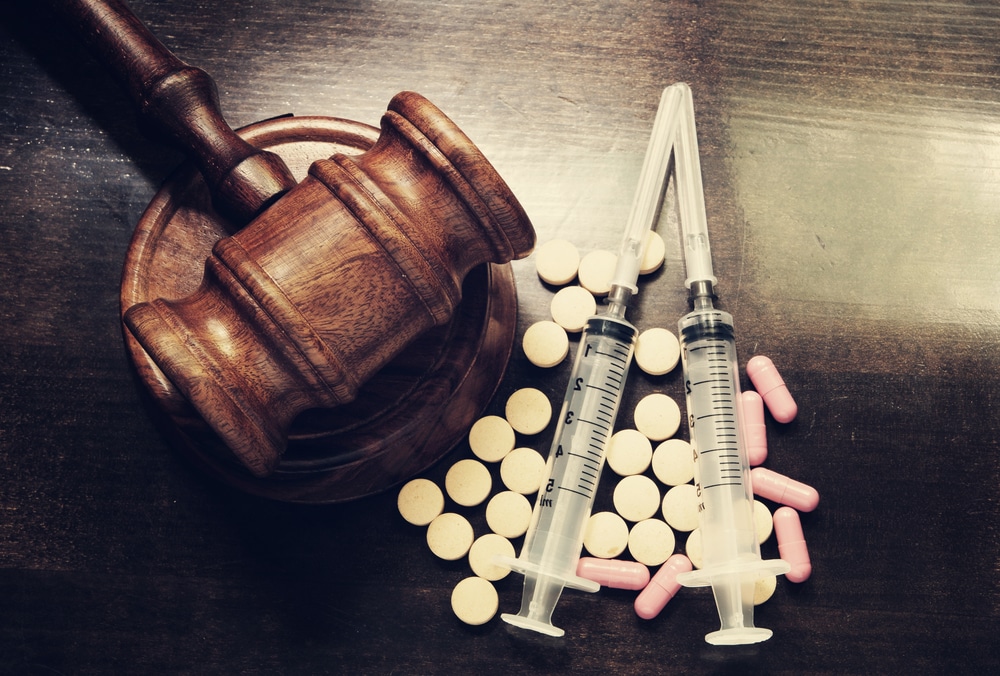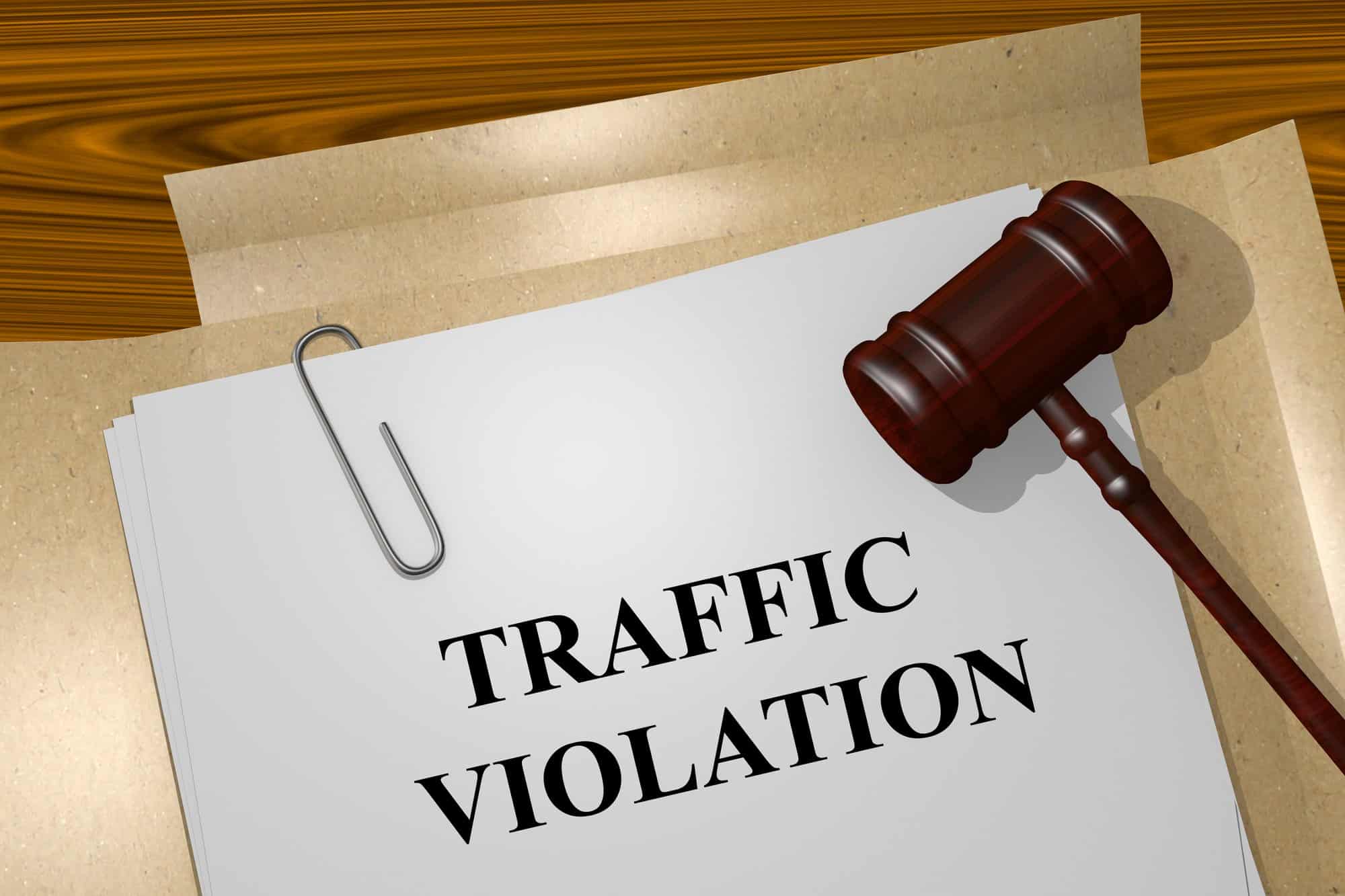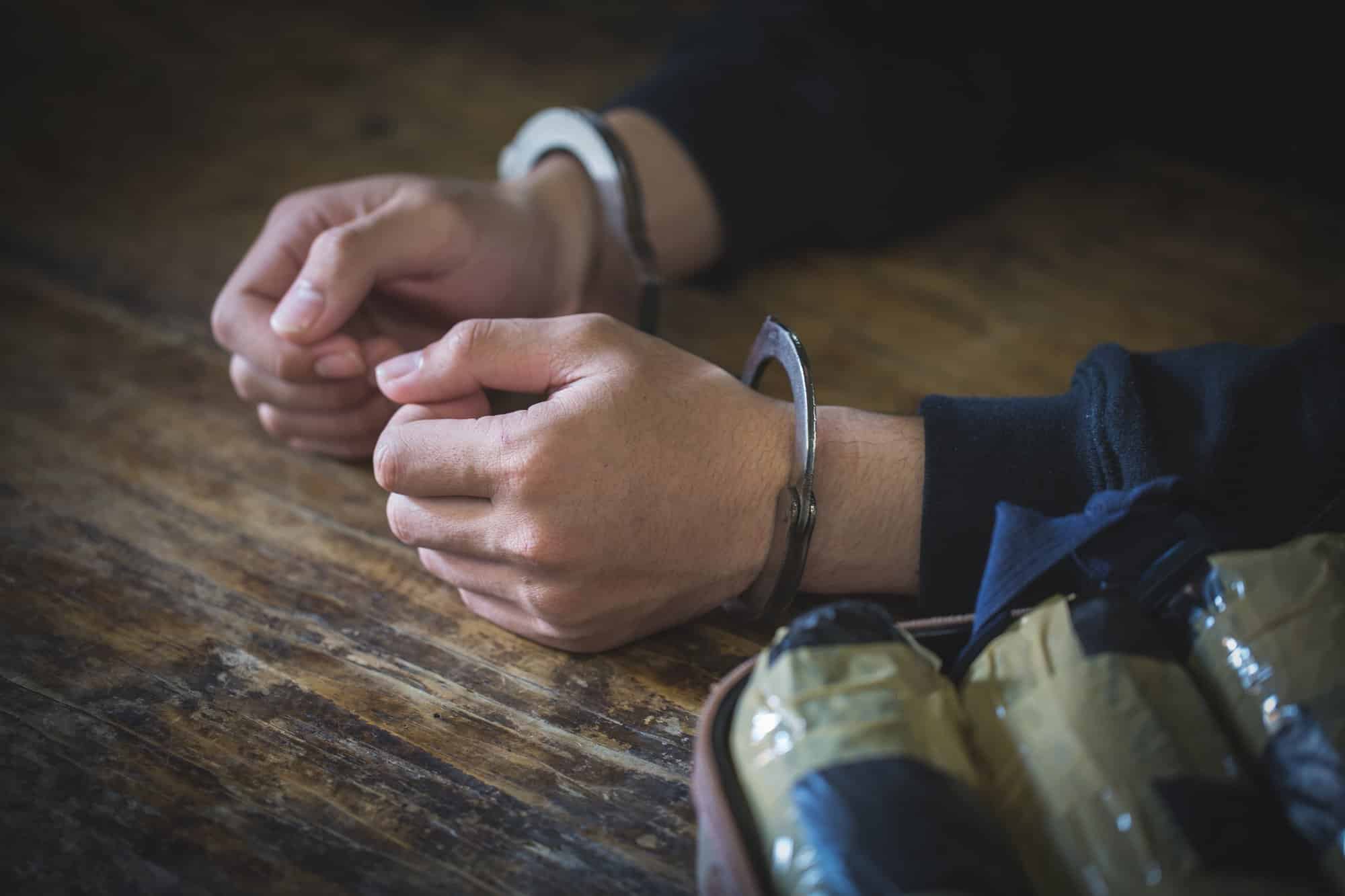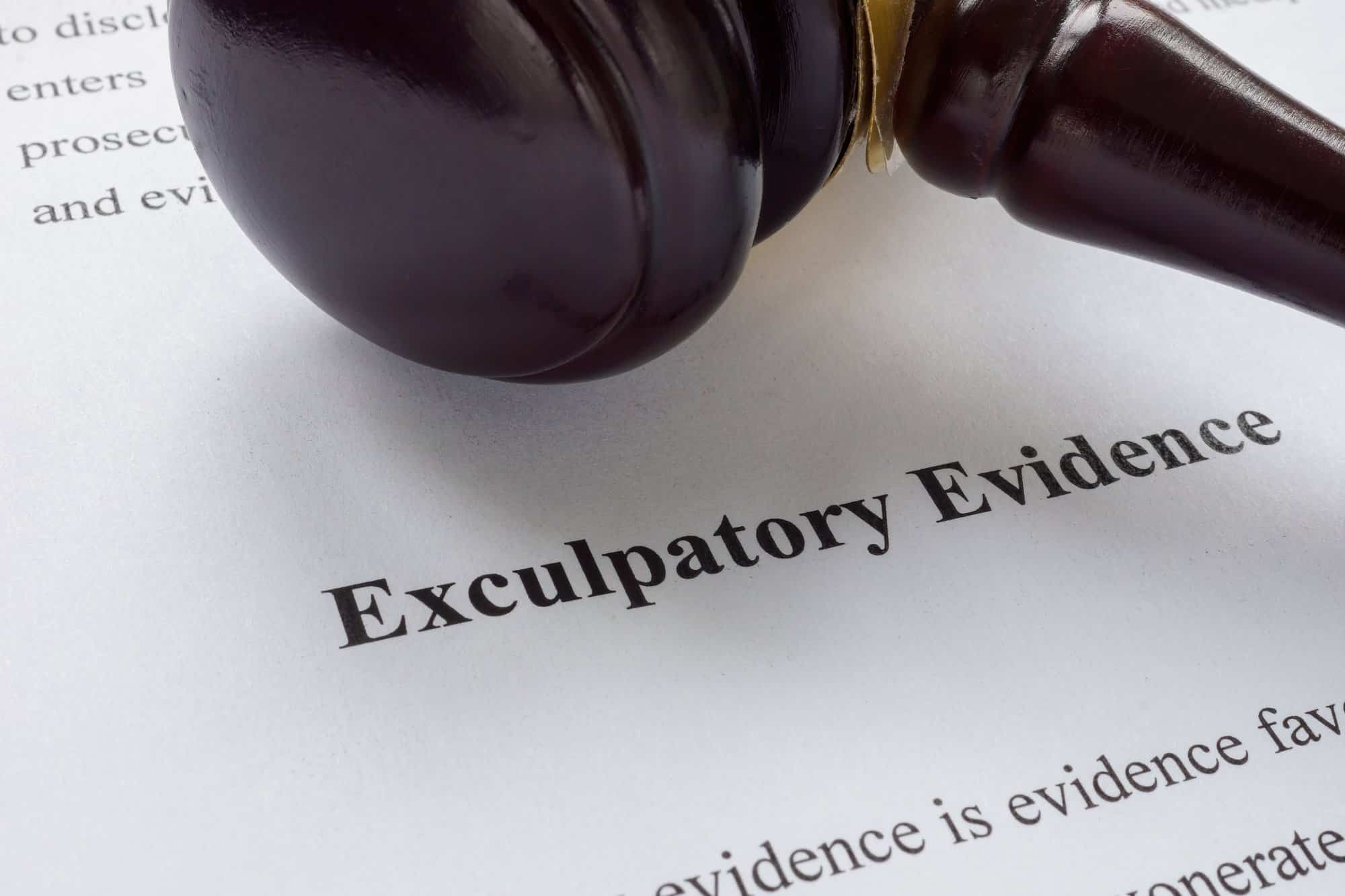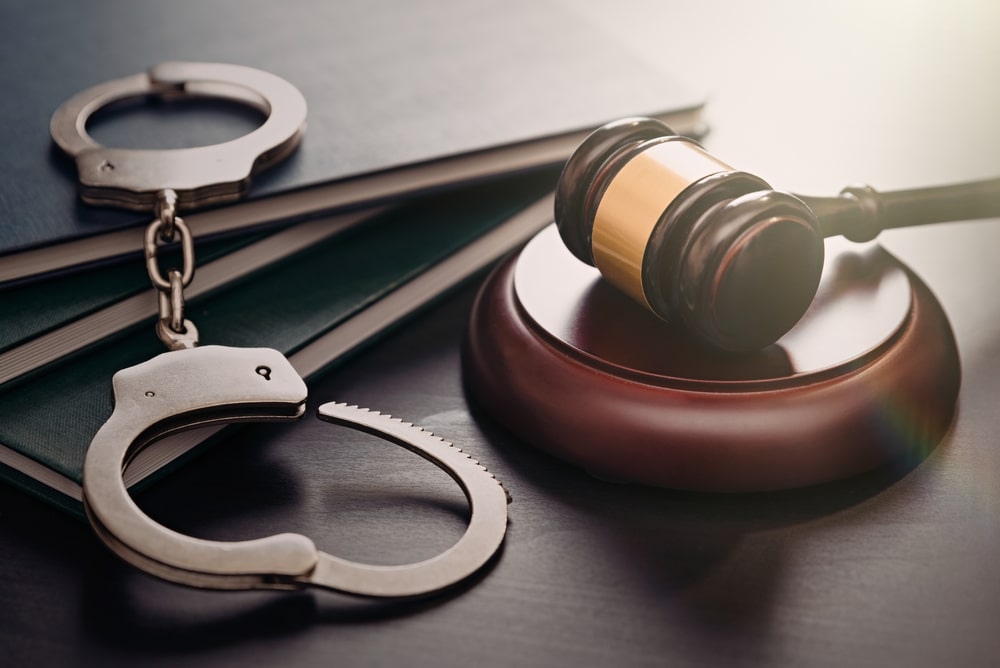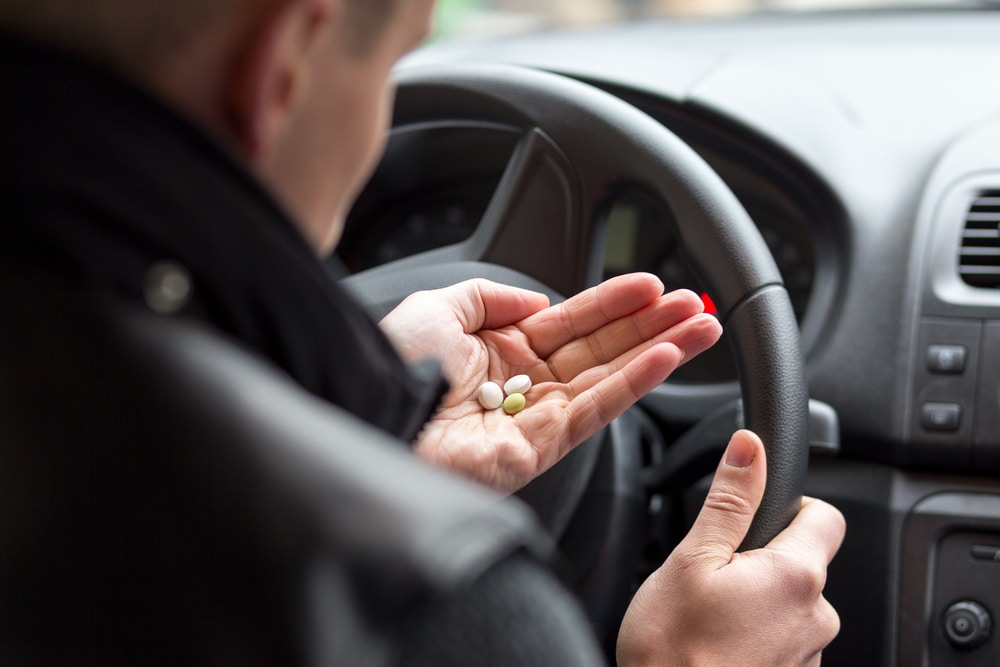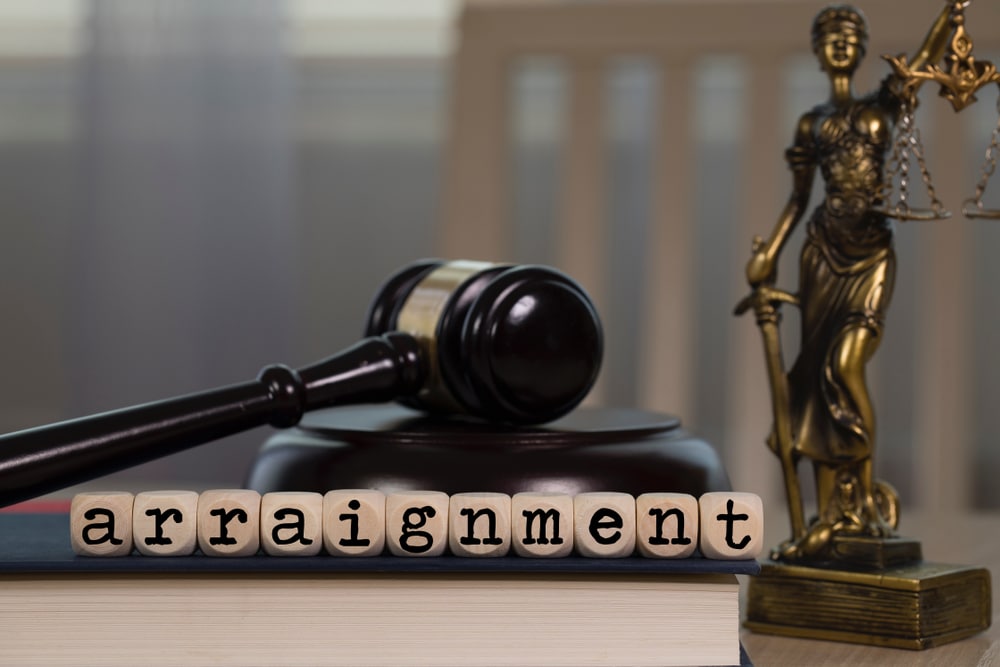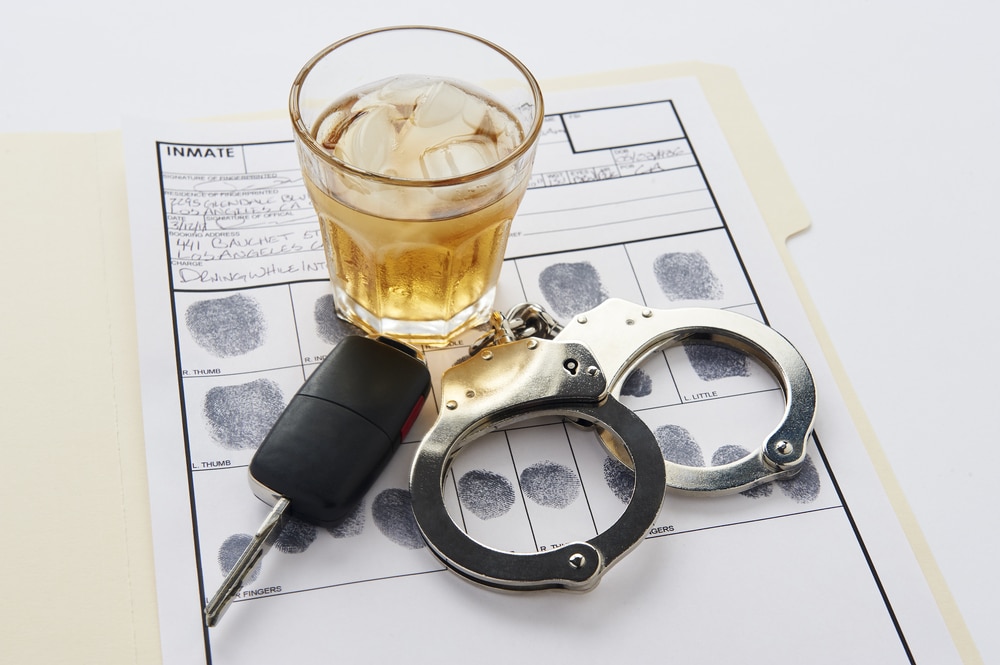If you were arrested for a non-violent drug crime, you may be eligible for drug treatment court. This is a voluntary alternative to the regular court process that allows non-violent, drug-addicted offenders to enter into a treatment program, and potentially avoid incarceration. Upon completion of the program’s requirements, the charges against you may be dismissed or reduced — or you might receive a reduction in your sentence.
What is Drug Treatment Court?
Drug treatment court is a type of alternative sentencing for those who have been charged with certain non-violent drug crimes. These courts use “deferred sentencing.” This means that you must plead guilty to a crime, but your sentence is suspended until you have completed the program. If you successfully complete the drug treatment program, your guilty plea will typically be vacated, and the charges against you dismissed.
The court closely monitors those who participate in the treatment program. Generally, in order to participate, you must admit that you have a problem with drugs or alcohol and submit to regular testing. You will be required to sign a contract affirming your agreement to participate in the drug treatment court program, comply with any community or home visit requests, attend a treatment program, and make regular court appearances.
If you fail to comply with the drug treatment court’s guidelines, you may be dismissed from the program or the judge might increase the frequency of your court appearances. In addition, the court may sentence you to sanctions, jail time, or community service. Serious infractions such as a new arrest or drug test tampering can immediately result in jail time. You can voluntarily withdraw from the program at any time.
When is a Case Eligible for Drug Treatment Court?
To be eligible for drug treatment court, the crime with which you were charged must be a non-violent drug crime. However, drug crimes that are classified as class A-I and class A-II felonies are excluded from the program. These include crimes such as operating as a major drug trafficker and criminal possession of a controlled substance in the first or second degree. You would also be barred from participating in the treatment program if you had been convicted of a violent crime within the last ten years.
Offenses that may be eligible for drug treatment court can include the following:
- Criminal possession of a controlled substance in the third degree
- Criminal sale of a controlled substance
- Criminally using drug paraphernalia
- Criminal possession of marijuana
- Criminal sale of marijuana
It’s best to consult with an experienced criminal defense attorney who can advise you whether drug treatment court is right for your case. While the treatment program has many benefits, there are certain instances in which it may be in your best interests to plead not guilty. It’s important to understand that if you proceed through the regular court system, the prosecution is required to prove their case against you beyond a reasonable doubt. It’s vital to discuss any defenses you might have in your case with a skillful attorney who can help ensure your rights are protected and the best possible outcome is achieved.
Contact an Experienced New York City Criminal Defense Attorney
If you’ve been charged with a drug crime, it’s essential to have the representation of a knowledgeable criminal defense attorney who can help you navigate the legal process. The criminal defense attorneys at D’Emilia Law provide reliable representation for a wide variety of criminal offenses including drug crimes, and strive to obtain positive results in each case. To schedule a consultation, contact us at 1-888-DEMILIA.

